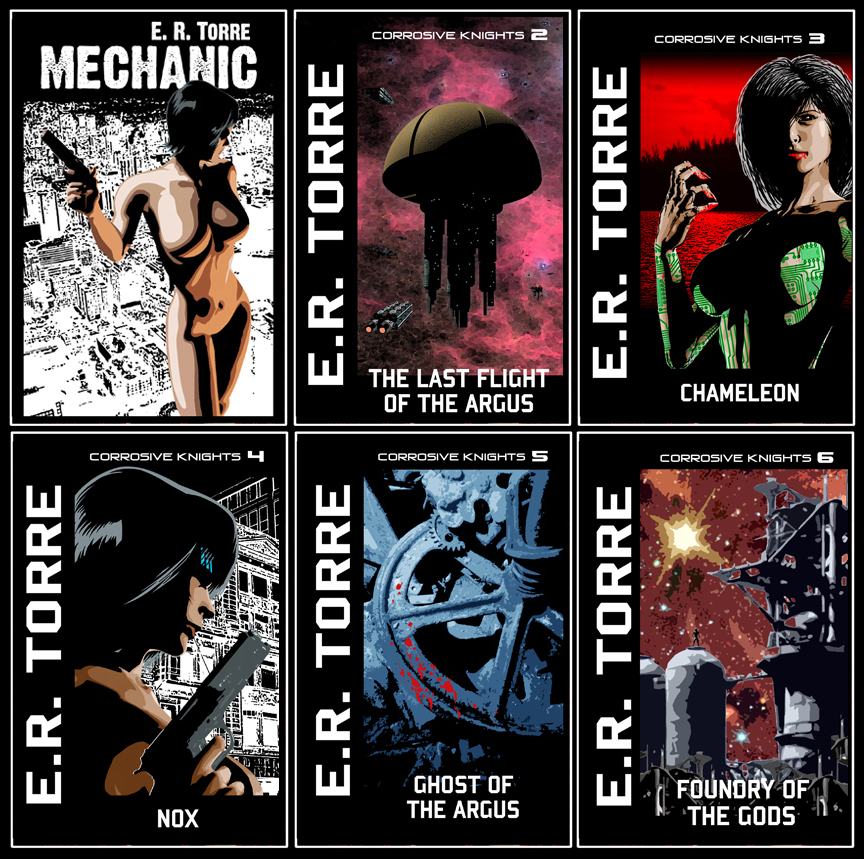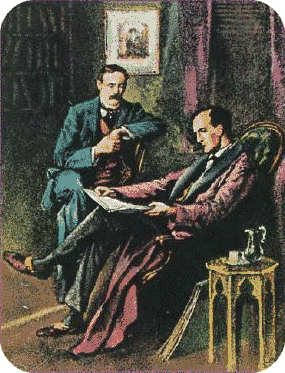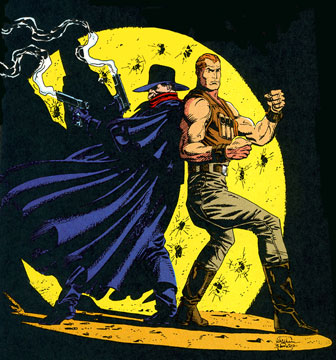Foreshadowing has existed in storytelling since, well, almost from the moment stories were first conceived.
What is foreshadowing? This is one of the definitions found on vocabulary.com:
Foreshadowing is used as a literary device to tease readers about plot turns that will occur later in the story.
When my daughter was reading the very famous (and quite ancient) Greek play Oedipus Rex, I was struck by how many times characters, in talking to Oedipus, foreshadow/explain/hint to how he is the one who committed the sins which in turn has lead to what plagues his kingdom and how he will have to atone for them by the end of the play. In fact, it got to the point where a seer all but says: “Listen carefully, knucklehead, your actions are the problem here. You did the deed(s)!”
I won’t spoil what the “deed(s)” were, but in fiction, there are few who created a worse situation for themselves and those around them (family and friends) than good ol’ Oedipus.
But like most literary devices, foreshadowing can be mis-used and/or abused. To that end, the reason for this post is to present an example of what I feel is a case of foreshadowing gone a little too far. It happens to have occurred in a film directed by Steven Spielberg and which many, including myself, feel it is one of his all-time best works: Jaws.
Now I’ll caution you in advance here: What I’m about to write about here may well be construed as “nit-picking” and I don’t deny that.
And to be perfectly clear, Jaws, to me is an absolutely terrific film that very much deserves all the kudos it got when first released and deservedly sits in the pantheon of all time great films.
Having said that, this one scene in the film, too heavy with foreshadowing, is the only scene in the film that really bugs me.
Your mileage, as they say, most certainly will vary.
If you’ve seen Jaws, you know the basic story: Small coastal town has a shark problem and eventually three people, Police Chief Brody (played by Roy Schneider), shark hunter/ornery old bastard Quint (a magnificent Robert Shaw), and young/book-wise yet green/spoiled rich kid Matt Hooper (Richard Dreyfuss) head out into the sea to hunt the shark down.
Things go from bad to worse as the shark turns out to be an extraordinary -and very frightening!- creature who very quickly turns the tables on our protagonists and the old cliché of “the hunters become the hunted” proves very true.
Jaws is taunt, exciting, funny, and terrifying but let’s hone in on that one scene -actually that one little bit of dialogue- which bugs me. It’s so ham-handed and obvious and practically screams to the viewers what’s going to happen in the movie’s climax.
I’m referring to the scene where Brody accidentally loosens the air tanks from their place which in turn causes Hooper to go ape-shit.
Now, before I go any further, a BIG SPOILER: These same air tanks, and their supposed volatility, play a key role in the movie’s conclusion. I’ll say no more.
Going back to that scene, Hooper’s physical action following the air tanks being loosened tells the audiences that these tanks are dangerous while telling Brody the very same.
I looked around YouTube for the full clip of what I’m talking about but, alas, couldn’t find it in its entirety. Someone used the start of the scene in question to create the following -somewhat- humorous bit…
Of course this does not actually happen in the movie.
What happens is that, as I mentioned before, Brody accidentally unties the tanks and Hooper goes ballistic. He is very frightened by what Brody accidentally did and goes on to state, among other things, the following:
“You screw around with these tanks and they’re going to blow up.”
At this point the audience now has two very strong bits of foreshadowing regarding these air tanks. One was presented by Richard Dreyfuss’ physical acting and his very animated reaction to the tanks coming loose. The other is this scary bit of dialogue.
Unless they’ve dozed off, by now the audience should be all too clear on the notion that if these tanks are handled incorrectly, they can blow up on you.
So where does this foreshadowing go wrong?
Immediately after what I explained above, we get a third foreshadowing element, this one coming from Robert Shaw’s Quint. He states the following which, to me, goes (pardon the pun) overboard:
“Expensive gear you’ve brought out here, Mister Hooper. I don’t know what that bastard shark is going to do with it. Might eat it, I suppose. Seen one eat a rocking chair one time.”
Again, we’re dealing with one tiny bit of dialogue here and, yes, as I mentioned above you’re not wrong to accuse me of nit-picking, especially when almost every line that comes out of Robert Shaw’s mouth in this film is pure acting gold.
However, can you agree with me that by the time Quint states this curious line and after the danger of the tanks has been well established (twice!), Quint noting a shark might “eat” the air tank, especially given what happens at the movie’s climax, feels like a bit…much?
Of course, it could have been worse. Quint could have continued rambling on…
“So yeah, I’ve seen one eat a rocking chair one time but boy, if one of those tanks should find its way into a shark’s mouth -I’m not saying our shark’s mouth, mind you- and that bastard tries to eat it and someone -I’m not saying who- fires a round into the tank while the shark’s chewing on it… Man, that sure would create some explosion, wouldn’t it? A real blast, right Mr. Hooper? Mr. Hooper? Where are you, Mr. Hooper?”
Okay, okay, I suppose that’s just me.






![Justified: The Complete Series [Blu-ray]](https://images-na.ssl-images-amazon.com/images/I/71zHEqxdXFL._SX522_.jpg)
